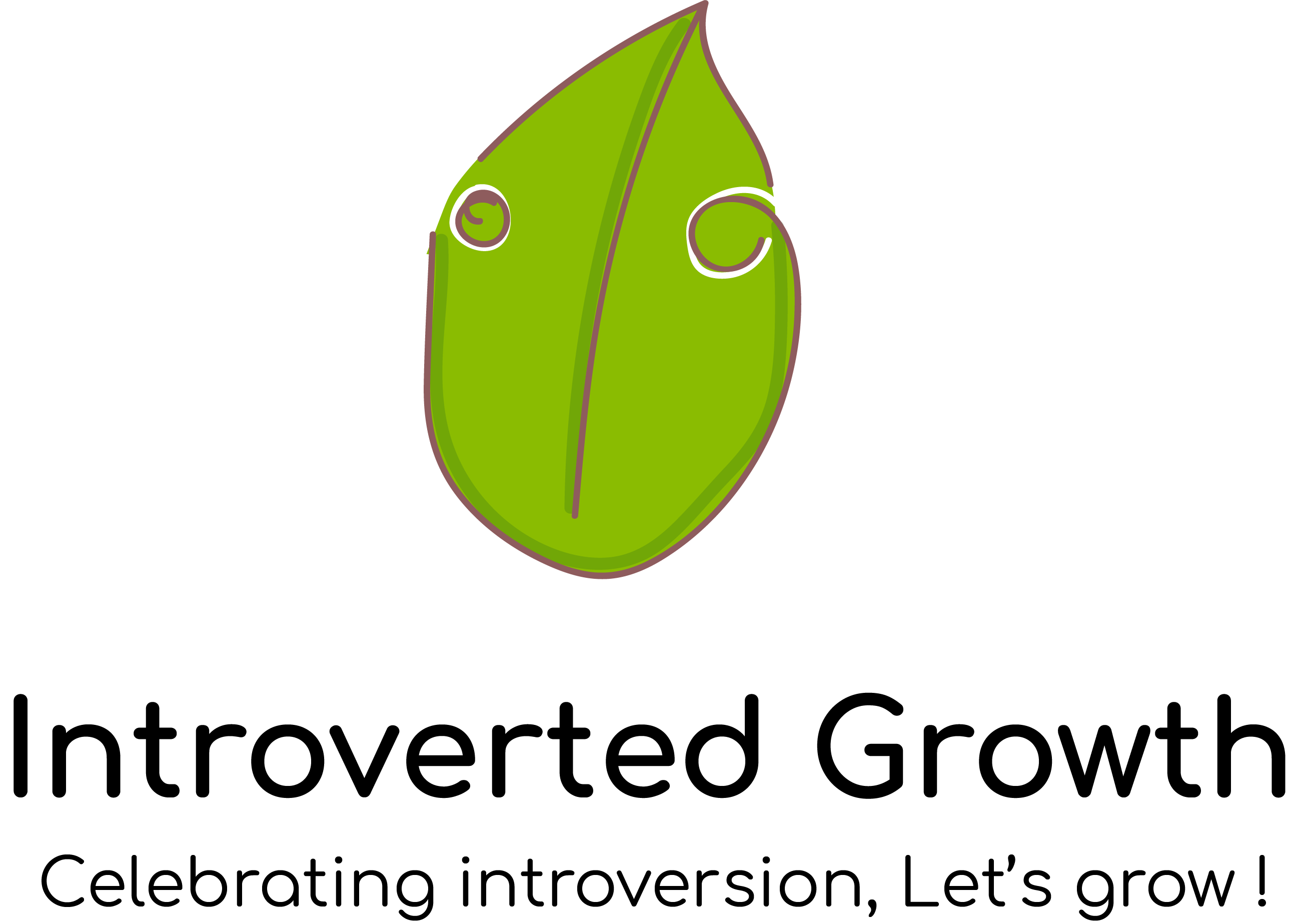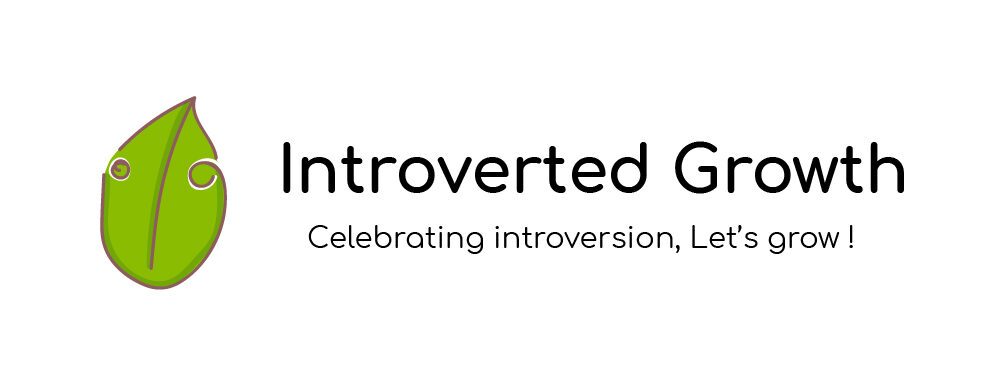Using Carl Jung’s theory of psychological type, The Myers-Briggs Type Indicator (MBTI)– Which is the most popular personality test- organized people into 16 different personality types.
A personality type is a way of categorizing people into sets of characteristics since we all exhibit different preferences for ways of being and interacting with others in the world.
Really- the whole idea behind personality type is that by understanding these different preferences, we can make sense of our behaviors.
These personality types are divided into two major categories based on how people in each category get their energy :
- Extroverted Personality Types: They seek energy and stimulation in the company of others
- Introverted Personality Types: They look to themselves for the energy and stimulation they need to function.
This article will introduce you to each one of the 8 introverted personality types while highlighting the 4 cognitive functions that are associated with it for you to better understand your personality.
Let’s begin!
What is an introverted personality type?
Introverted personality types are so-called because they tend to focus their energy on themselves rather than on other people or extroverted pursuits.
They tend to be quieter and reserved, rather than assertive and attention-seeking. Introverted types enjoy thinking things through before sharing their thoughts and feelings with others.
These introverted personality types are organized in four-letter acronyms according to the preferences.
8 Introverted Personality Types:
1. The defender: ISFJ
Introverted/ Sensing /Feeling /Judging
ISFJs are naturally warm and caring towards others, and they put a lot of effort into their relationships.
They like to maintain harmony in the people around them, and they are conscientious about their role within the groups they are part of.
They are often called the protector because they enjoy helping, guiding, and protecting those close to them.
2. The Inspector: ISTJ
Introverted/ Sensing/ Thinking /Judging
ISTJs are quiet, practical people who have a clear idea of how things should be done. They don’t mind following rules and they won’t take a risk if it isn’t necessary.
They are economical, orderly, and responsible, which makes them reliable people for just about any type of job that needs to be done.
3. The Composer: ISFP
Introverted/ Sensing /Feeling /Perceiving
ISFPs are drawn to the world of music, art, and beauty. They have a natural appreciation for these types of things, and they like to create their own works of beauty.
They tend to be laid-back, gentle people who enjoy nature and the little things in life. They are often quiet, but they also tend to be personable people who enjoy taking care of others.
4. The Craftsman: ISTP
Introverted/ Sensing /Thinking /Perceiving
ISTPs are logical, analytical people who like to solve practical problems. They are calm and restrained, and they enjoy logic games.
ISTPs often keep a stockpile of facts in their memory for quick reference and they’re usually the first ones to figure out how something works.
5. The Counselor: INFJ
Introverted/ Intuitive /Feeling /Judging
INFJs are caring, gentle people who have a strong sense of right and wrong. They work hard to maintain harmony in the people and situations around them, and they care deeply about helping others grow and develop.
INFJs are often skilled at resolving conflicts and they make great teachers because of their ability to see all sides of a matter.
Also, INFJ is the rarest personality type of all 16 types.
6. The Mastermind: INTJ
Introverted/ Intuitive /Thinking /Judging
INTJs are logical, analytical people who enjoy exploring complex theories and imagining future possibilities.
They are intelligent and capable people who are willing to take on problems that other people shy away from. They are flexible and adaptable, but they also have a clear vision of what goals to accomplish.
7. The Idealist: INFP
Introverted/ Intuitive /Feeling /Perceiving
INFPs have high ideals for themselves and for the world, and they are often focused on helping to make these ideals come true. They tend to be quiet, gentle people who are very dedicated to their values.
They are not likely to take a stand on something until they have come to fully understand it, and they collect information and explore ideas thoroughly before making a decision.
8. The Architect: INTP
Introverted/ Intuitive /Thinking /Perceiving
INTPs have a natural curiosity for both facts and theories. They love to explore ideas, questions, and problems that haven’t been solved already.
They are logical, analytical people who are always looking for holes in theories and situations. They want to explore new ways of thinking about problems, even if it goes against how they have always thought about things.
INTPs tend to be flexible and adaptable, and they are interested in many different topics. They can easily jump from one topic to another, but they also tend to be good at focusing when it’s important.
CONCLUSION
So there you have it, the 8 introverted personality types.
I hope this article has been helpful to you and that it has given you a sense of understanding for each type.
There are many great things to learn about each type, but this article is meant to give you more of an idea about what makes each type different.
Thank you for reading!






